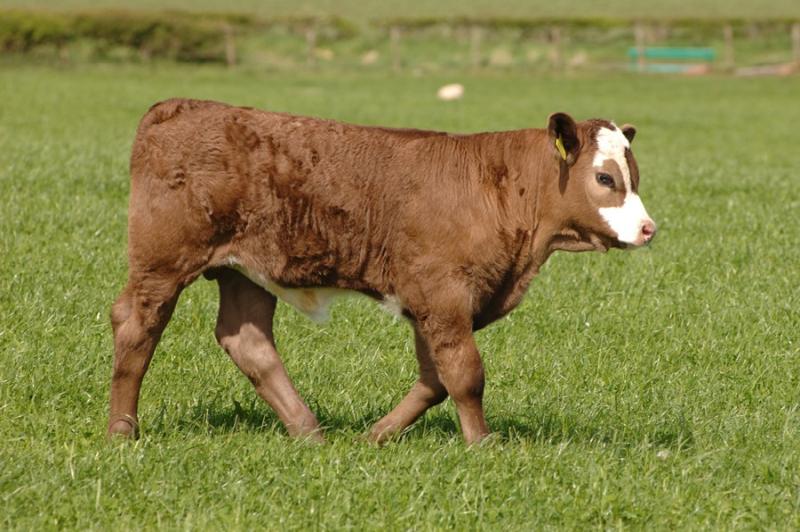
The Scottish government has been urged to release more details on its reform of the suckler beef support scheme, as farmers raise frustration with the lack of detail.
The Scottish government recently confirmed that the scheme (SSBSS), currently worth £40 million, will be a feature of future support arrangements in Scotland.
Payments to eligible calves under the current scheme year are imminent, but proposed changes to the scheme rules for 2025 and beyond, including the introduction of calving interval rules, have yet to be shared.
The SSBSS is seen as invaluable to Scotland’s red meat sector as it ensures farmers are encouraged to keep producing beef calves to underpin the production of Scotch Beef.
However, NFU Scotland has criticised the Scottish government for not sharing enough detail with the beef sector on its proposed reform.
The union seeks a reformed SSBSS to retain the budget and continue to be delivered in the same cyclical manner.
Split payments between meeting existing eligibility criteria and new conditionality is needed, the union said, as well as a mechanism for recognition of pre-registration of stillborn calves.
And a ‘force majeure’ option should also be available for any producers affected by unforeseen or exceptional circumstances.
Any eligible beef calf born after 2 December 2023 will fall under the scheme reform. NFU Scotland said it understands that the existing 30-day retention period will remain as part of the reform.
As the height of spring calving nears, the industry remains unclear on the new rules and is at risk of not meeting potential calving interval criteria.
NFU Scotland warned there will already be a very small number of cows who lost their calves at birth and are therefore not registered to trigger next year’s calving interval period.
It has asked for a mechanism for registration of stillborn calves integrated into the reform to ensure that a cow is not penalised in future years for not having a full-term pregnancy recognised.
It is also currently common industry practice that when a calf dies before the 27-day legal time limit for tagging and registration, it is often not registered, therefore no record of the dam’s calving date will exist.
According to NFU Scotland's understanding of the proposals, any future calves that cow has may be viewed as ineligible.
The union's livestock chair, Hugh Fraser said there needed to be more clarity on this scheme for those producing beef calves in Scotland.
"It is not feasible, fair nor realistic for the industry to operate on speculation," Mr Fraser said.
“With payments under the 2023 scheme expected in bank accounts soon, the importance of a clear and timely announcement on arrangements for the new scheme year are essential."
He added: "Scottish government must give explicit clarity on their expectations for suckler beef producers so that we can have some certainty.
“It is recognised that this reform is necessary to protect the future of Voluntary Coupled Support (VCS) schemes such as SSBSS. However, we cannot continue to operate on uncertainty."
The scheme budget of £40 million is split with £34 million for calves born on the mainland and £6 million for calves born on the islands.
The payment rates are determined by the number of eligible calves claimed. Details on this year’s rates are expected shortly.
